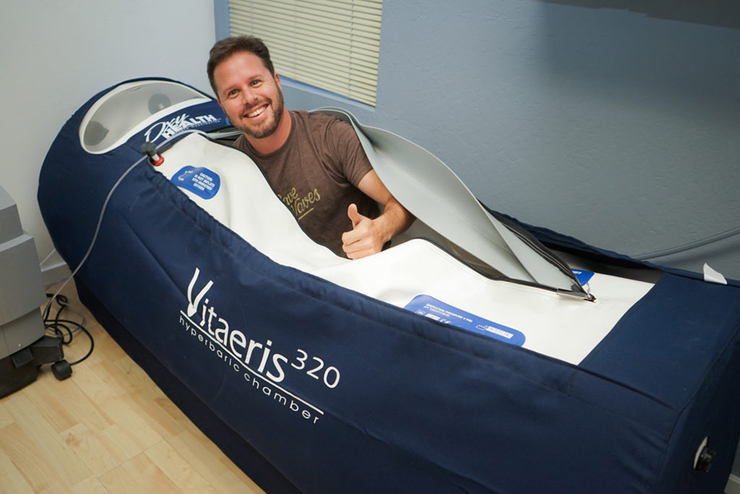Discomfort Alleviation Specialists: A Manual For Seeking Relief
Discomfort Alleviation Specialists: A Manual For Seeking Relief
Blog Article
Short Article Composed By-Cheng Enevoldsen
Navigating the world of discomfort alleviation professionals can be a difficult task for those looking for enduring remedy for consistent pain. With a wide range of specialists specializing in different methods to pain administration, understanding the nuances of each discipline and focusing on the most appropriate expert can dramatically impact the performance of therapy. By unraveling the details of specialist discomfort relief professionals and enlightening vital considerations in choosing the appropriate professional, individuals can pave the way towards a path of easing their pain and restoring control over their wellness.
Sorts Of Discomfort Alleviation Specialists
There are numerous groups of health care experts who focus on offering pain alleviation services. One common kind of pain relief professional is an anesthesiologist. These medical professionals are professionals in carrying out anesthetic for procedures, yet they also play an important duty in handling discomfort with methods such as nerve blocks and epidurals.
Another sort of professional is a physiatrist, also called a physical medication and recovery medical professional. Physiatrists concentrate on enhancing feature and quality of life for individuals with chronic pain problems through a selection of therapies, consisting of physical therapy and medication administration.
In addition, discomfort management nurses are crucial participants of the health care group, supplying hands-on treatment and assistance to individuals experiencing discomfort. They work very closely with other specialists to make certain that people receive comprehensive and tailored pain relief strategies.
Questions to Ask Experts
When looking for assistance from discomfort relief professionals, it is essential to be prepared with relevant inquiries to guarantee a comprehensive understanding of your condition and the suggested treatment choices.
Below are some necessary concerns to ask experts during your appointment:
1. What is the specific reason for my pain?
2. What are https://chiropractic-and-wellness62840.digitollblog.com/30074298/seeking-the-best-health-and-wellness-and-wellness-facility-discover-the-crucial-variables-that-can-lead-you-to-a-life-altering-trip-toward-enhanced-well-being offered therapy options for my condition?
3. What are the possible advantages and risks of each therapy option?
4. For how long will https://recwell.berkeley.edu/facilities/ take to see improvement in my pain levels?
5. Are there any way of living modifications or natural home remedy that could complement the therapy?
6. What is the anticipated outcome of the advised treatment plan?
7. How will my progress be kept an eye on, and what actions will be taken if the existing treatment plan is ineffective?
8. Exist different treatments or treatments that could be valuable for my problem?
9. What are the potential side effects of the suggested medicines or treatments?
10. Just how can I ideal handle and avoid pain flare-ups in the future?
Tips for Picking the Right Specialist
Selecting the most suitable pain alleviation professional for your requirements requires cautious factor to consider of their competence, certifications, and strategy to treatment. When selecting a specialist, it is necessary to investigate their history, including their education, training, and any qualifications they hold in pain monitoring. Seek professionals who have experience in treating your specific problem or sort of pain, as this can dramatically impact the efficiency of the treatment.
In addition, think about the expert's approach to pain relief. Some specialists may focus on drug monitoring, while others might use different therapies such as physical treatment, acupuncture, or interventional procedures. It is essential to discover a professional whose therapy technique straightens with your preferences and beliefs regarding discomfort monitoring.
In addition, consider the specialist's communication design and just how comfy you really feel reviewing your discomfort and therapy choices with them. A great specialist needs to listen attentively to your issues, discuss treatment plans plainly, and entail you in decision-making regarding your treatment.
Conclusion
In conclusion, expert discomfort alleviation professionals supply a series of treatments customized to each individual's unique requirements, aiding to boost quality of life for those struggling with chronic pain.
By asking the right concerns, understanding offered therapy alternatives, and choosing the appropriate expert based upon experience and strategy, people can work in the direction of finding effective discomfort alleviation techniques.
It is necessary to seek out experienced and skilled experts to address and take care of persistent pain effectively.
